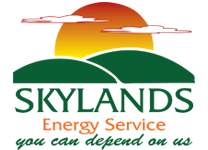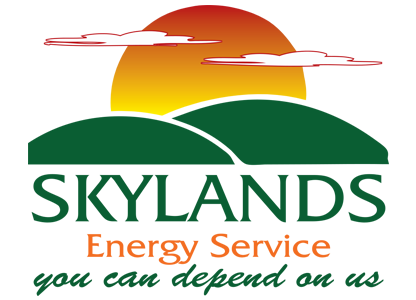
Do not neglect the signs that point to your furnace acting up. They may seem like they don’t demand your attention, but, in reality, they can actually be symptoms of a dangerous issue. For instance, you may have an overheating furnace on your hands. You need to act quickly before it’s too late. Contact your local HVAC technician to notify them of your observations. This way, you can schedule heating service as soon as possible.
Top Signs Of An Overheating Furnace
Table of Contents
It is dangerous to have an overheating furnace. This situation increases the risk of carbon monoxide poisoning. Also, your family becomes vulnerable to the harsh weather winter brings. The good news is that signs are easy to notice well before a major issue occurs. Therefore, it is best to stay vigilant. Call an HVAC technician if you see the following symptoms in your home:
A Persistent Furnace Burning Smell

Is there a burning odor permeating your home? The first step you may take is to run to your kitchen stove. Check it for any problems. If there aren’t any, check other sources of heat, such as your furnace. If it is the furnace, then the burning smell may be more intense around it. You don’t have to worry if the smell dissipates quickly. For example, the odor may be because of burning dust after the furnace has been inactive for a long period. Take it seriously if the smell persists for more than half an hour. The excessive heat may be damaging the components. It may even cause the wires to melt. Call an HVAC company right away.
An Unusual Humming Noise From Your Furnace
Heating systems aren’t exactly silent. Homeowners eventually familiarize themselves with the sounds their furnace produces. If your heating unit starts producing an unusual noise, you must act fast. Naturally, it generates a steady hum, but bangs and clangs are typical. If the noises are getting louder, then call your technician right away. These sounds point to a motor working harder than it should, and the components may malfunction completely.
A Sudden Heating System Shutdown
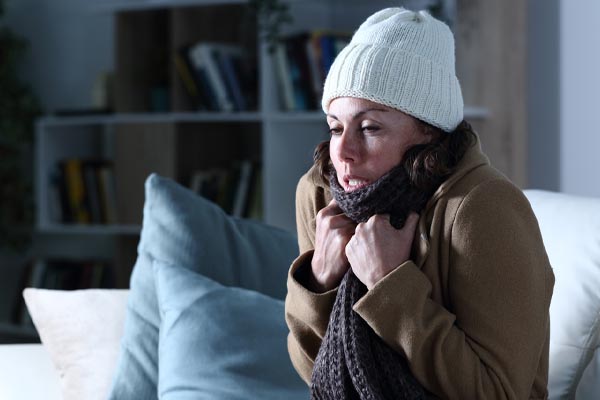
Furnaces are equipped with safety sensors that can detect excessive heat. They will trigger the furnace to shut down automatically when excessive heat is present. This allows the system to have time to cool down before restarting. However, the underlying cause needs to be resolved. Otherwise, the problem will only happen over and over. Call your HVAC contractor right away if all these signs are present.
Common Causes of an Overheating Furnace
An overheating furnace doesn’t happen by chance. It only overheats if certain conditions are met. The problem slowly builds up, making the symptoms harder to shrug off. Each symptom has its corresponding solution. Here are several common reasons behind an overheating furnace:
Restricted HVAC Airflow
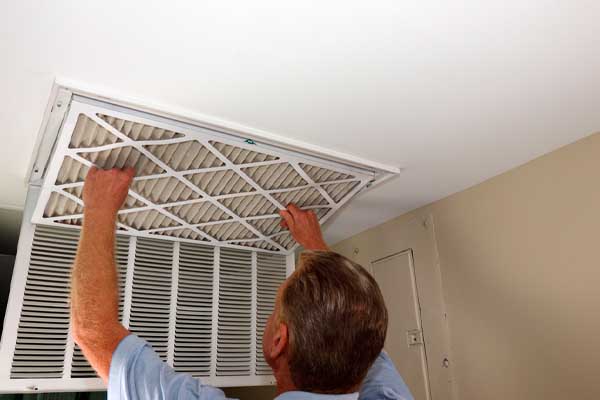
The hot air the furnace generates goes through a filter before traveling through the ducts to reach the different rooms of the house. Therefore, airflow is absolutely vital to a forced-air central HVAC system. Any clogs along the path are considered obstructions. The heat will accumulate within the system because it has no way to escape. Once the furnace’s maximum operating temperature (overheating furnace) is reached, the unit will shut down.
Dirty Heating System Interior
Air contaminants may settle on the internal components’ surfaces over time. Some parts may be more vulnerable to dirt than others. For instance, the blower motor produces heat as its fan blades spin. A dirty motor can’t cool down as it should. The furnace coils will also find it harder to transfer heat if it is dirty.
Furnace Short Cycling
Short cycling is when the HVAC system starts and stops quickly. The short intervals keep the system from completing a cycle and operating as it should. Stress causes the motor and other components to wear out. If you have a new system, short cycling can happen because the furnace size is mismatched for the area it serves. On the other hand, short cycling can occur in older systems because of a furnace overheating or a faulty thermostat.
Lack of Heating System Maintenance
Mechanical parts are prone to wear out. The heating system can overheat if one component is faulty. For instance, a stressed fan blower can cause a short circuit. It can result in increased internal temperature and reduced circulation. Regular HVAC maintenance allows technicians to find failing parts and replace them as needed so the problem doesn’t escalate.
End of Furnace Service Life
Overheating may mean that the furnace is about to reach the end of its service life. If you own an old heating unit, it may be riddled with many failing parts and other hidden issues. Replacing them several times while dealing with increased fuel use may not be the best way to spend your money. Consider buying a new furnace instead.
Related Article: How Variable-Speed Furnaces Improve Home Efficiency
How An HVAC Contractor Fixes an Overheating Furnace
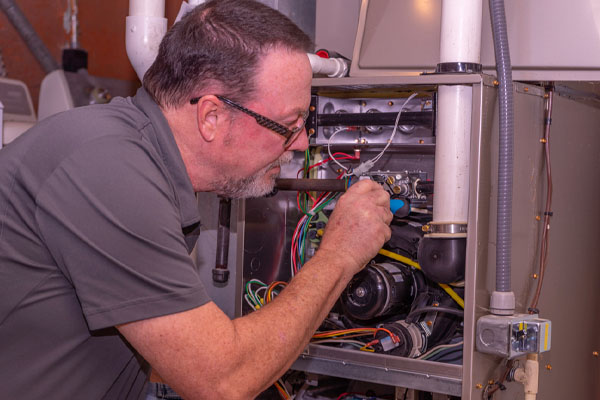
Having an inexperienced individual open and try to repair your furnace is a dangerous endeavor. You should leave it in the capable hands of a trained HVAC technician. They can handle overheating issues and other problems that the unit may have. Switch the system off and contact professionals for emergency repairs. They can provide accurate diagnoses quickly and provide viable solutions.
How Long Does a Furnace Last?
A furnace has an average lifespan of around 15 years. However, it may experience premature failure if maintenance is neglected. You can add several years to your system’s lifespan if you are diligent with its upkeep. Remember that you can impact your heating system’s performance and longevity.
Compare the costs of repair to the replacement of your old furnace if you are undecided on which route to take. Quick and cheap parts replacement are tolerable, but expensive repairs may be difficult to absorb. Check to see if the cost of repairs exceeds half of the price of a new furnace. If this is the case, get a replacement so you can enjoy higher energy efficiency and reduced heating bulls. You will also have fewer troubles.
Related Article: Common Furnace FAQs
The Importance of Annual Furnace Maintenance
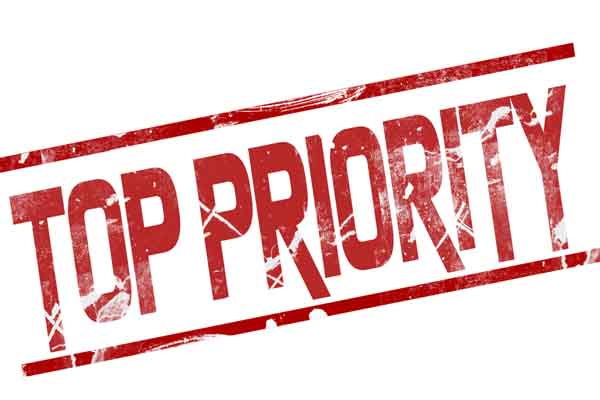
You can conduct simple furnace maintenance tasks as a homeowner. This includes regular air filter changes and removing clutter. More complex tasks require scheduling annual furnace maintenance tasks with an HVAC professional. A furnace tune-up includes a thorough system checkup. Professional maintenance keeps most issues at bay, enhances the system’s performance, improves efficiency, and extends its lifespan.
Related Article: 3 Reasons Your Furnace Is Rusting
Conclusion
Don’t leave your furnace to overheat for long periods. It will result in costly system damage and toxic carbon monoxide discharge. Contact your HVAC contractor if you notice your furnace turning off while accompanied by loud sounds and a burning odor. Have an expert verify your suspicion and resolve the issue. They can act quickly, using available parts and special tools. This way, your home can return to normal immediately.
Call Skylands Energy Service For All Of Your HVAC Requirements
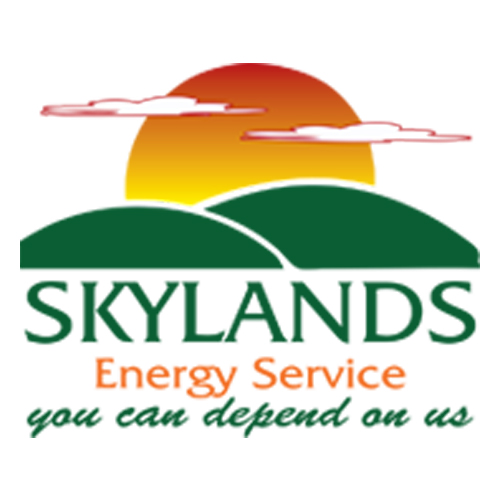 Skylands Energy Service is one of the leading providers of superior HVAC services in central New Jersey. We employ only the best professionally certified technicians, and they offer high-quality maintenance, installations, repairs, and replacements. All our skilled techs will use their knowledge and experience to ensure you receive prompt and correct HVAC system services at all times.
Skylands Energy Service is one of the leading providers of superior HVAC services in central New Jersey. We employ only the best professionally certified technicians, and they offer high-quality maintenance, installations, repairs, and replacements. All our skilled techs will use their knowledge and experience to ensure you receive prompt and correct HVAC system services at all times.
When you need the most competitive cooling and heating service prices in the area, call Skylands Energy Service. Our tune-up services assist in comfort and energy efficiency improvements while lowering your home energy expenses. All our work comes with a guarantee because your satisfaction is our priority. Give Skylands Energy Service a call and book a service appointment today. We offer free, in-home estimates. Click the link to view our service area.
Contact us now at (908) 707-1776 to find out more!
